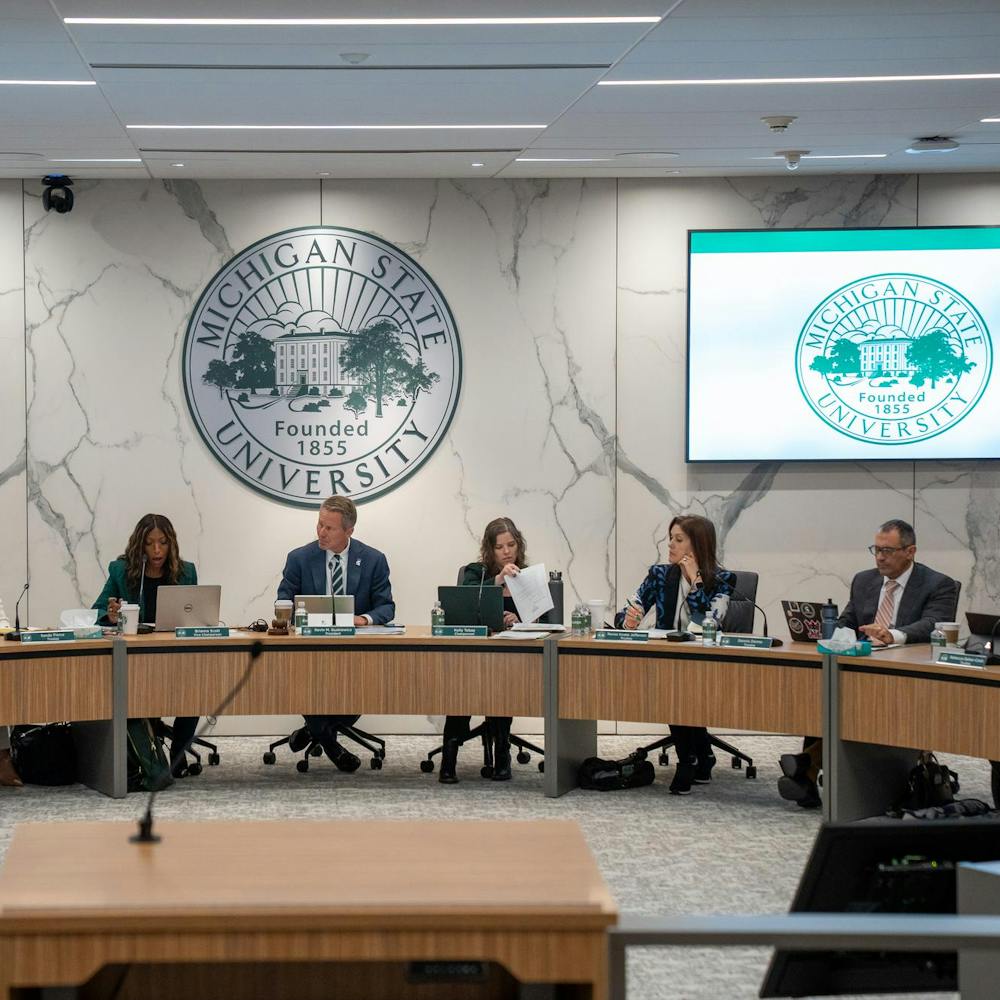Editor’s note: The percentage of people between 18 and 29 years old who support same-sex marriage has been updated to accurately reflect the correct information.
A major victory for proponents in support of ending a federal ban on gay marriage soon could be on the horizon.
Last week, President Barack Obama and his administration filed a brief asking the U.S. Supreme Court to declare unconstitutional a section of federal law that only recognizes male-female marriages.
The administration said Section 3 of the Defense of Marriage Act, or DOMA, denies same-sex couples — that have been legally married — many federal benefits available to same-sex couples, including Social Security.
The president has said this restriction “violates the fundamental constitutional guarantee of equal protection.”
Declaring this section of DOMA to be unconstitutional would be a groundbreaking step in the fight for more fair and equal rights for gay and lesbian couples.
But it is hard not to stress the measures and support we, as citizens, should show to aid same-sex couples in their fight for civil rights.
In recent years, support for same-sex marriage among the public has been growing, but the country still remains divided.
A 2012 Pew Research Center poll found 49 percent of the public favored allowing gays and lesbians to marry legally and 40 percent were in opposition.
This statistic bears a stark difference compared to 2008, which showed only 39 percent of the population in support of gay marriage and 52 percent against it.
But as much as this statistic reveals about the changing emotions felt toward same-sex marriage, even more overwhelming is the amount of support expressed by younger Americans.
In a Gallup poll conducted last year, 73 percent of people between 18 and 29 years old said they agreed with legalizing gay marriage, while only 39 percent of people older than 65 years felt the same.
Because of the almost unanimous support this issue has generated amongst younger communities in this country, it is clear simply favoring legalizing same-sex marriage no longer is enough to see that change be carried out.
Many public figures have voiced their support for this issue and the actions they plan to take to help further the civil rights movement along.
This includes celebrities, such as Kristen Bell and Dax Shepard, who announced their plan to postpone getting married until same-sex marriage is legalized in all 50 states. But advocating for change shouldn’t be limited to just celebrities or other public figures.
To help ensure that equal marriage rights no longer are denied to any group in this country, we all must put a larger burden of responsibility on each of our shoulders.
Small measures — such as contacting the White House or writing to legislators — might seem insignificant, but they reaffirm the message that a majority of people in this country don’t agree with current laws.
Legalizing same-sex marriage is a hotbed issue likely to continue generating hostility and anger from a portion of the population. But this shouldn’t deter the work that still must be done.
The decision the Supreme Court will make in a month has the potential to be a major step toward seeing no group of citizens feels excluded from the fundamental rights we are all guaranteed.
Let’s hope they side with the majority.
Support student media!
Please consider donating to The State News and help fund the future of journalism.
Discussion
Share and discuss “Active support needed for same-sex rights” on social media.






